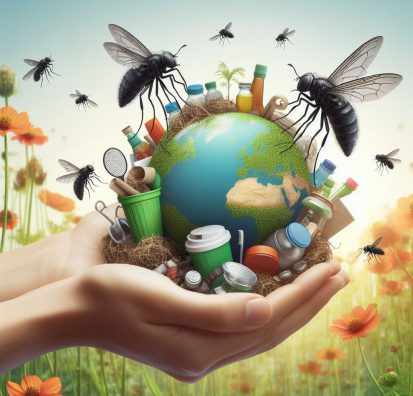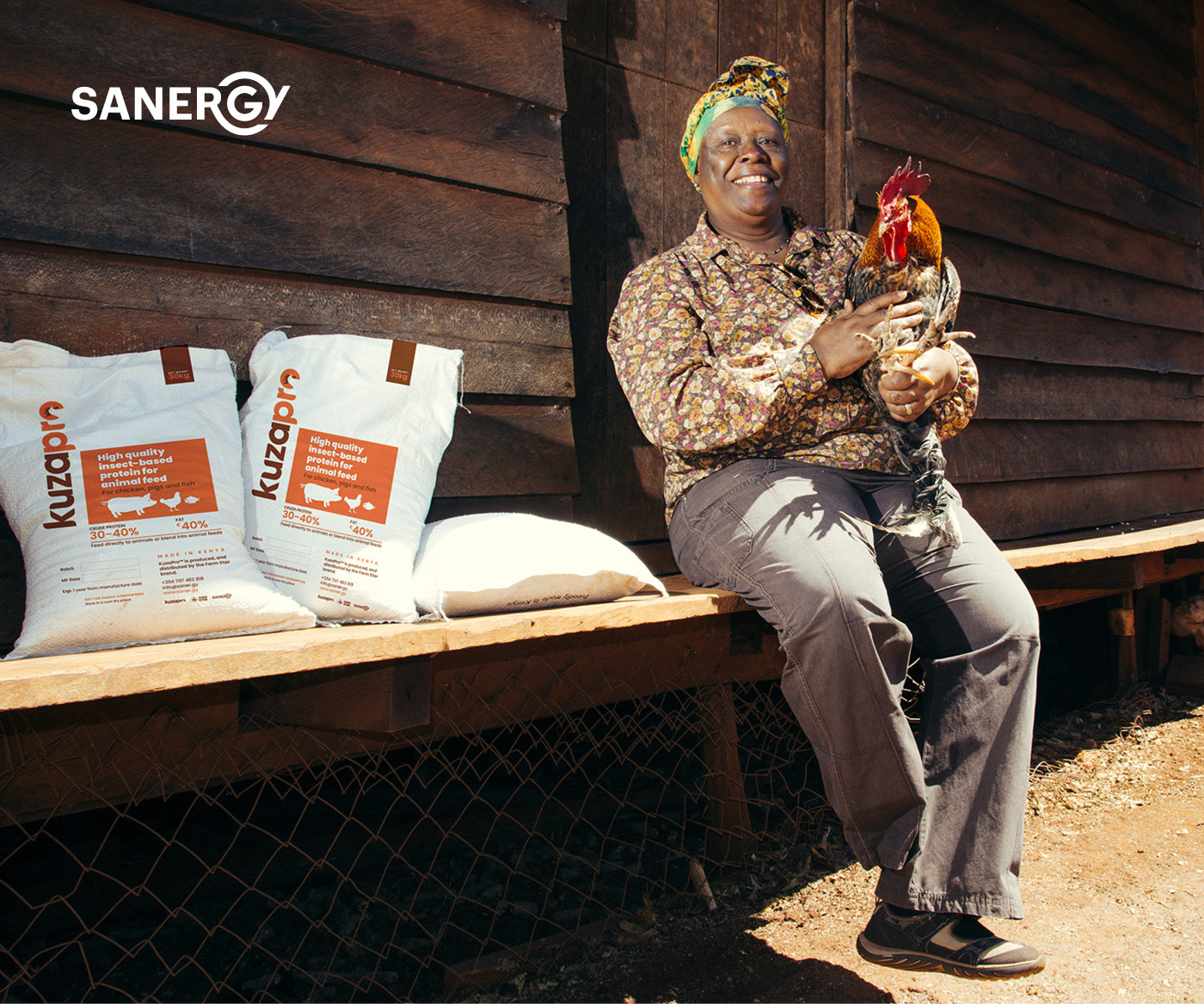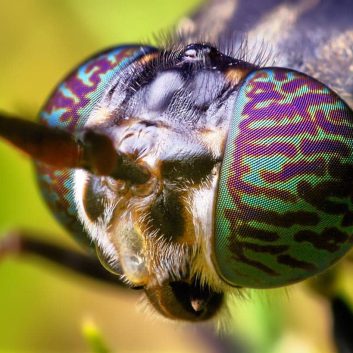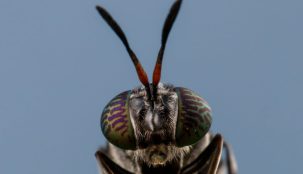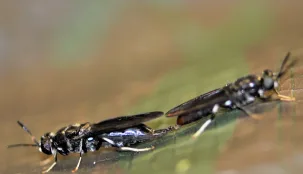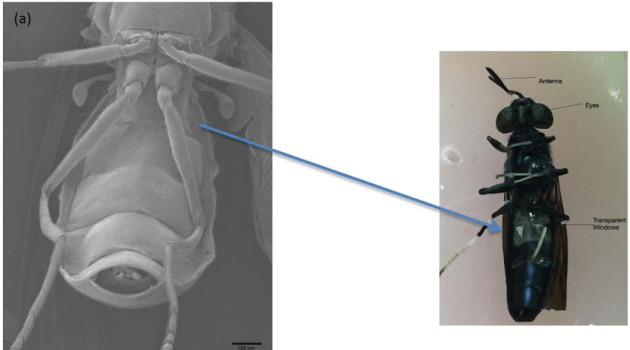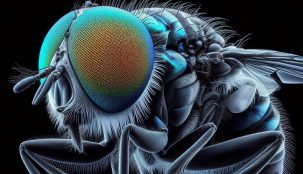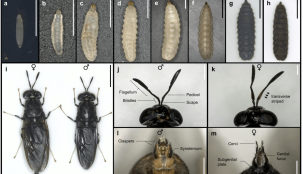Black Soldier Fly – A Natural Solution to Waste Pest Infestation
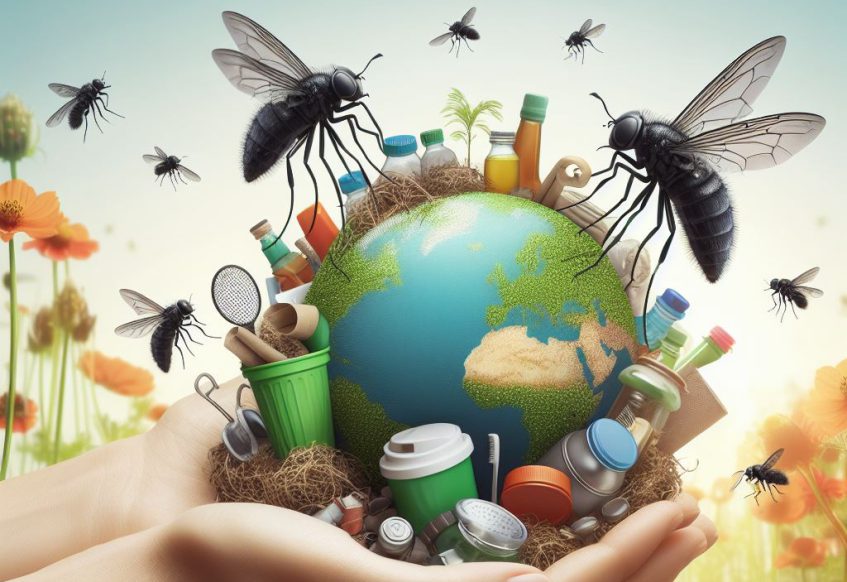
Introduction
Decaying waste, whether from food scraps, agricultural debris, or manure, often becomes a breeding ground for pesky pests like house flies, fungal gnats, and fruit flies. These pests not only cause nuisance but also pose significant threats to hygiene, agriculture, and public health. However, amidst this challenge, there exists a natural solution: the Black Soldier Fly (BSF). Unlike its counterparts, BSF larvae offer a promising method for controlling and eliminating these pests from decaying waste, thereby presenting a sustainable and environmentally friendly waste management strategy.
The Role of Black Soldier Flies in Pest Control
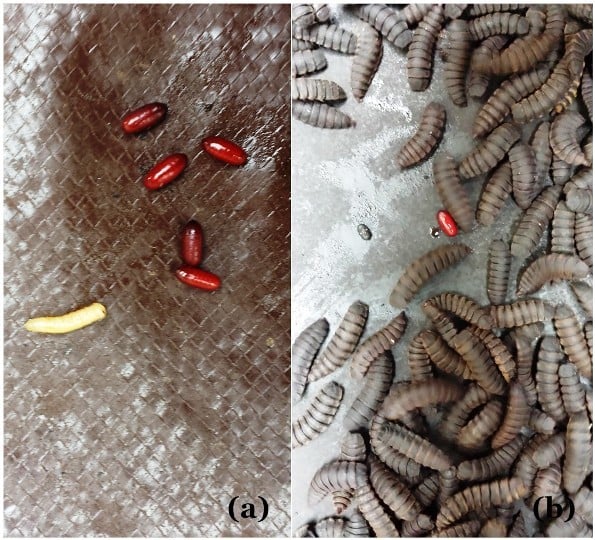
BSF larvae possess remarkable capabilities that enable them to outcompete and eradicate pests in decaying waste. Unlike house flies, fungal gnats, and fruit flies, BSF larvae do not spread diseases or damage crops. Instead, they voraciously consume organic matter, effectively competing with and preying upon the eggs of these nuisance pests. Through their natural feeding behavior, BSF larvae contribute to the biological control of pests, offering a sustainable alternative to chemical pesticides.
Understanding the Mechanisms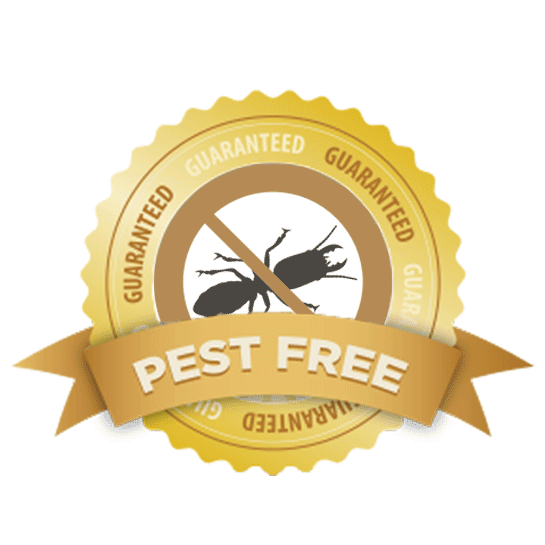
The precise mechanisms through which BSF control and abolish house flies, gnats, and fruit flies are still under investigation. However, several factors contribute to their effectiveness. Firstly, BSF larvae may directly consume the eggs of other pests as they feed on decaying waste. Additionally, the microbial activity accompanying larval processing of waste raises temperatures, creating conditions unfavorable for the survival and maturation of competing pests. Environmental cues, such as overcrowding or temperature shifts, may induce diapause in house flies, further limiting their population growth in the presence of BSF larvae.
Practical Implementation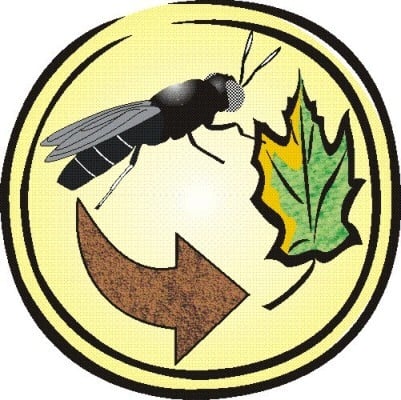
Implementing BSF larvae for pest control in waste management operations requires practical strategies. Initially, house fly larvae and pupae may coexist with BSF larvae, but over time, as the BSF colony becomes established, their population diminishes. Techniques such as sorting out house fly larvae and pupae during harvest using screens can aid in their removal. Moreover, enclosing waste processing bins in indoor or netted environments prevents pests from accessing the decaying waste, enhancing the effectiveness of BSF larvae in pest control.
The Black Soldier Fly emerges as a natural ally in the battle against pest infestation in decaying waste. Its larvae offer an eco-friendly and sustainable solution to the challenges posed by house flies, fungal gnats, and fruit flies. By harnessing the natural predatory behavior of BSF larvae, waste management practices can become more efficient, hygienic, and environmentally conscious. Embracing the potential of Black Soldier Flies signifies a step towards sustainable waste management practices and a healthier environment for all.
For more information about:
Insect Bioconversion of Waste, please contact us at the Insect school. https://www.insectschool.com/
Turnkey Insect Farms – https://www.insectengineers.com/bsfturnkey/production
If you would like to book BSF industry keynote speaker Bob Holtermans for your event – https://www.insectengineers.com/about-us/speaker-bobholtermans
